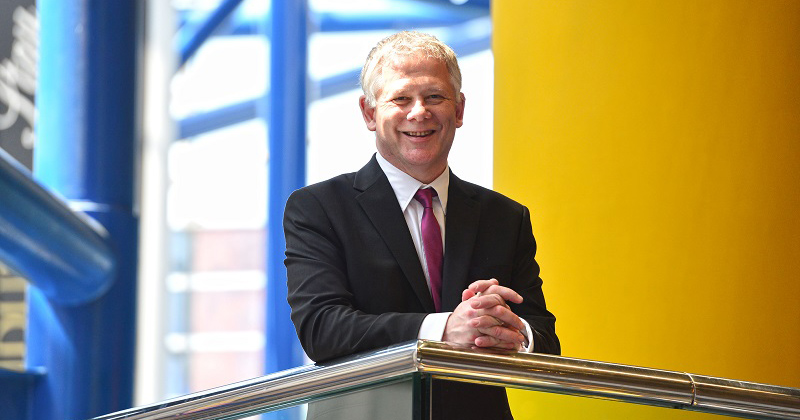Ministers want leaders of ‘outstanding’ schools to replicate their success by designing new training programmes – but only those with a knowledge-rich curriculum will be considered.
The Department for Education is in the early stages of developing a £1.5 million “exemplary leadership programme”, Schools Week can reveal.
This looks less like a ‘profession-led’ approach to school leadership development and more like a ‘minister and officials-led’ approach to leadership development
In a pilot, at least two schools will be given up to £250,000 a year for three years to develop “bespoke” programmes for other leaders.
However, details of the scheme state that successful applicants will have to “reflect a knowledge-rich curriculum, direct instruction and a strong focus on behaviour management”.
Leaders must deliver training based on this approach, the tender document says.
Steve Munby, the former head of the National College of School Leadership, said: “This looks less like a ‘profession-led’ approach to school leadership development and more like a ‘minister and officials-led’ approach to leadership development.”
It is not the first government programme to restrict participation to those schools with approaches favoured by ministers.
In 2018, Schools Week revealed that access to the DfE’s curriculum fund would be available only to schools with a knowledge-rich curriculum.
A DfE spokesperson told Schools Week the programme would “support leaders in some of our most successful schools to develop training for other school leaders, with a view to improving the quality of school leadership, teaching and pupil outcomes across the school system”.

The offer will be targeted at schools and leaders ”most likely to benefit from such training and development”, based on a “willingness to embrace different methods and by aligning with other departmental initiatives”.
Providers will also be asked to “clearly monitor” the impact of the programme on behaviour “and the impacts on pupils in their schools”. They must also share learning with the department “to enable us to adjust our wider leadership offer in the future”.
Munby said the profession needed to learn from “the better leaders in the system”. Small-scale pilots could be useful “if we use a test and learn approach”.
But he added: “We know from all our experience of [national leaders of education] work and other research that you can’t just transplant one approach easily into another school, especially if the senior leadership and governance of the school doesn’t change.”
The announcement comes during a government review of system leadership. The DfE paused recruitment of national leaders of education last July, and is focusing increasingly on its teaching school hubs programme.
Nick Brook, the deputy general secretary of the National Association of Head Teachers, said it was “unclear” how the new programme would fit with other things going on. He also questioned the focus on ‘outstanding’ schools.
“The outstanding grade is often as much a reflection of the location of the school as the quality of education provided. Many exceptional individuals work in schools not rated outstanding. In fact, leaders in these schools probably know more than most about what works and the necessity for exemplary leadership.”
The tender states the size of individual grants will depend on the number of participants in each project and the administration costs expected.








If a Labour government were to promote a specified teaching method, say a skills-based approach, then the Tories would howl their protests. They would say it was evidence of an authoritarian outlook which undermined teacher professionalism. Beware any government which tries to impose its favoured pedagogy and curriculum on to schools.